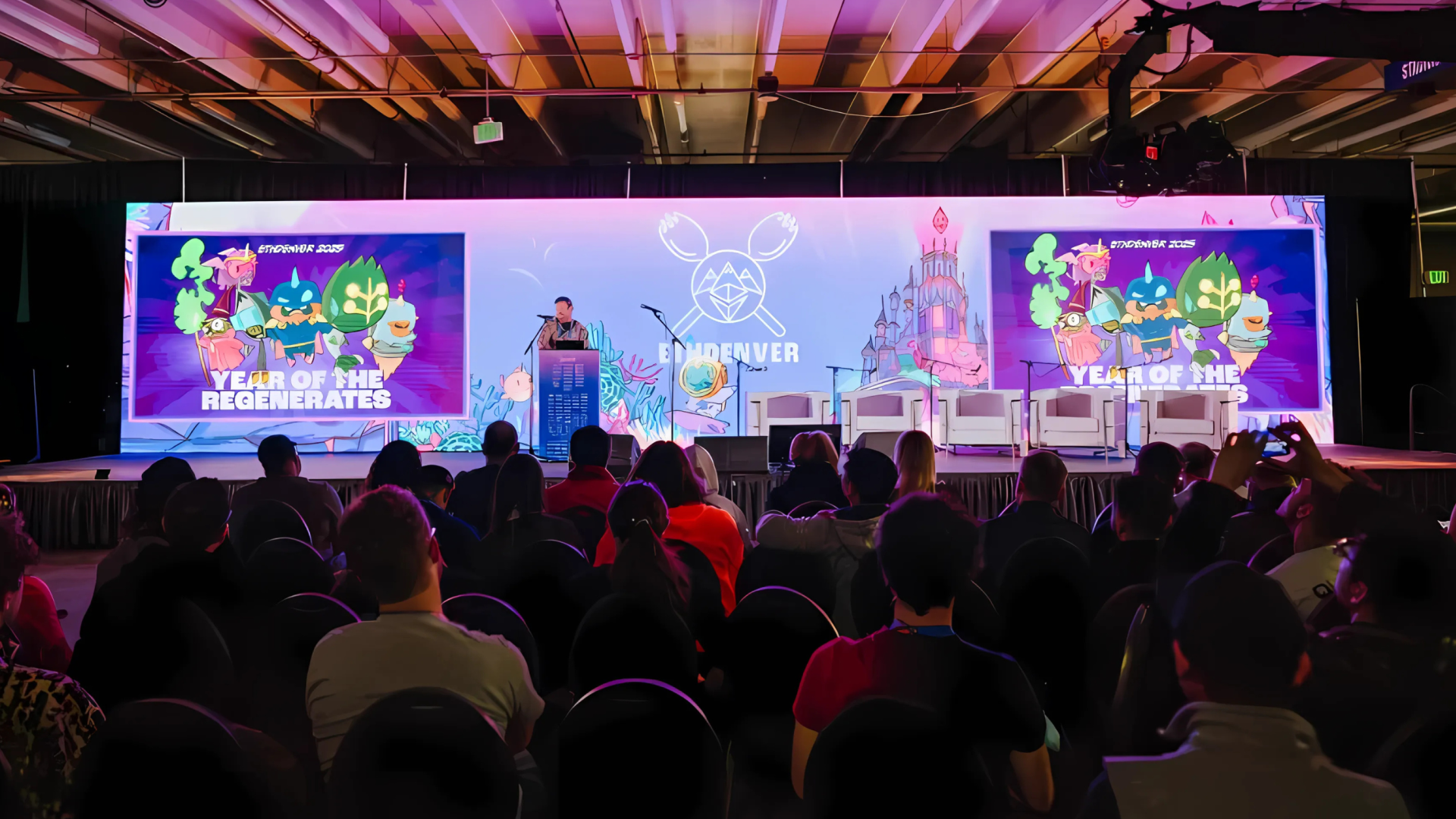Kusama Upgrade Bulletin (1030)
Kusama is about to get a new logic core; here’s the details.
 By Dr. Gavin Wood•December 13, 2019
By Dr. Gavin Wood•December 13, 2019
Kusama is about to get a new logic core; here’s the details.
Details
- Runtime version: 1030
- Supported natively by Polkadot v0.7.9
- Polkadot Git commit hash: f23ce3e
- Substrate Git commit hash: c6fc2e6
Key changes
- Revamp reaping rules (#4371): When reaping a proposal preimage, it is now possible for the original submitter of the preimage to reap (i.e. to remove the preimage and have their deposit returned) before the public at large get a chance to claim the deposit. This makes it much less likely that a preimage submitter will lose their deposit. To prevent the possibility of a yank-attack, where the preimage owner removes the preimage and reclaims their deposit just before it is to be used by the chain (and therefore effectively cancels the upgrade), it is no longer permitted to reap preimages that are about to be claimed. This required altering the
DispatchQueueimplementation. - Allow referendums to begin out of order (#4345): It was not possible to place a referendum to end before any pre-existing referendum, thereby severely reducing the utility of the fast-track rescue feature. There was no particular reason for this requirement, so it has been lifted.
- Including runners-up in check for defunct Phragmen voter (#4349): A simple bug fix; runners-up in the council were identified as being defunct, when they should have been considered still active.
- More comprehensive identity system (#4326): The Nicks identity system is rather problematic. This introduces a standardised and federated system for identity attestations, allowing for anyone to submit their identity information and pay one or more registrars to verify and attest to its legitimacy. There is no limit to the number of registrars that the system supports but they must be approved by council mandate. Registrars may specify which identity fields that they bother to verify. Each attestation they make can take one of several values according to the degree to which the registrar believes the information is accurate. Identities may be removed or withdrawn for a refund of any deposits placed. It is written to be extensible and allow for addition of new identity fields as time goes on.











